Do you ever wonder how big money and politics became so intertwined in America? Well, let me take you on a journey back in time to explore the roots of this complex relationship.
Back in the early days of the United States, when the Founding Fathers were drafting the Constitution, they had a vision of a government that was for the people and by the people. However, as history unfolded, money started to seep its way into the political landscape.
“Money is power, and in that government which pays all the public officers of states will all political power be substantially concentrated.”
One of the key turning points was during the Gilded Age in the late 19th century. This era was characterized by rapid industrialization and economic growth, but it also saw an unprecedented concentration of wealth among a few powerful individuals. As these titans of industry amassed great fortunes, they realized that their wealth could buy them not just material possessions but also influence and control over government decisions.
With deep pockets and a desire to protect their interests, wealthy individuals began pouring money into political campaigns and lobbying efforts. They funded candidates who would champion policies beneficial to their businesses and industries. Slowly but surely, money started to play a significant role in who got elected and what laws were passed.
“The influx of big money into politics has fundamentally changed how our democracy operates.”
Fast forward to today, and we see how big money continues to shape American politics. Political action committees (PACs), super PACs, and dark money groups now funnel millions of dollars into campaigns at all levels of government. Candidates rely heavily on these funds to run their campaigns, leading many critics to argue that politicians are more beholden to their wealthy donors than to ordinary citizens.
Experts point out that this influx of big money into politics has fundamentally changed how our democracy operates. Instead of representing the will of the people, some lawmakers prioritize advancing the agendas of their deep-pocketed backers. This raises concerns about whose voices are truly being heard in our political system – those with fat wallets or those without?
As we reflect on how far we’ve come from those ideals set forth by our Founding Fathers, it’s essential to consider what kind of democracy we want for future generations. Can we find a way to untangle the web of big money from politics and return power back to where it belongs – with the people?
So next time you hear about another mega-donor or corporate interest influencing an election or shaping policy decisions, remember that this is not just a coincidence but rather a symptom of a deeper issue rooted in our nation’s history.


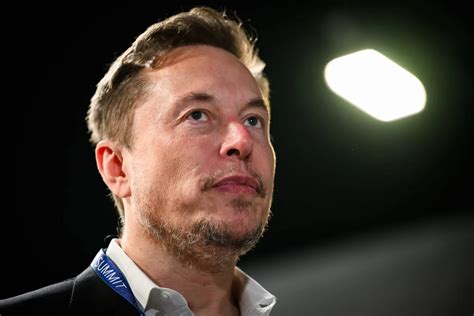
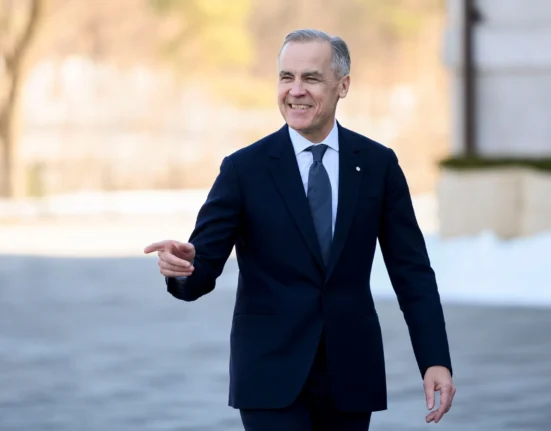
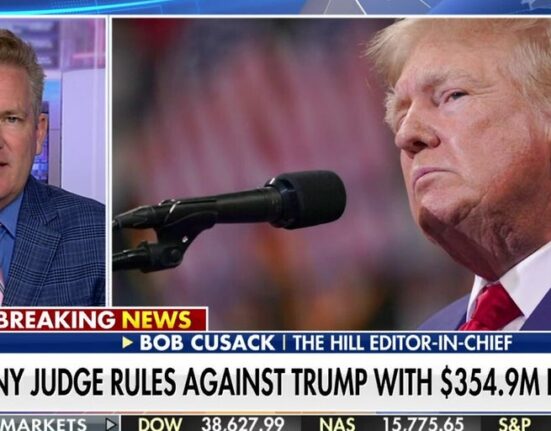

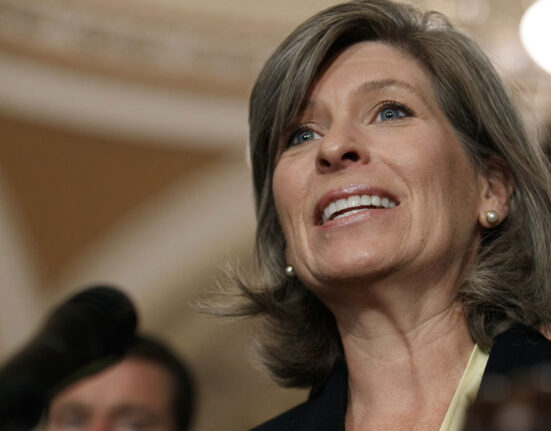
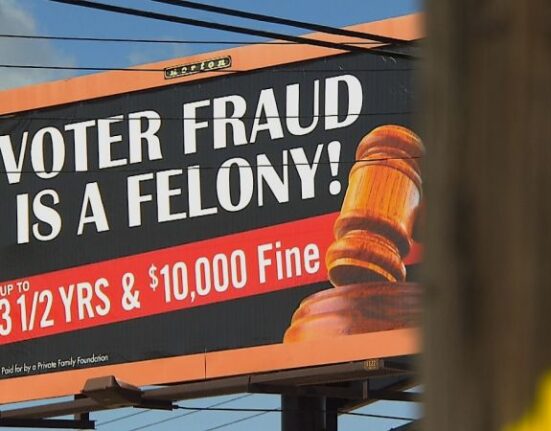
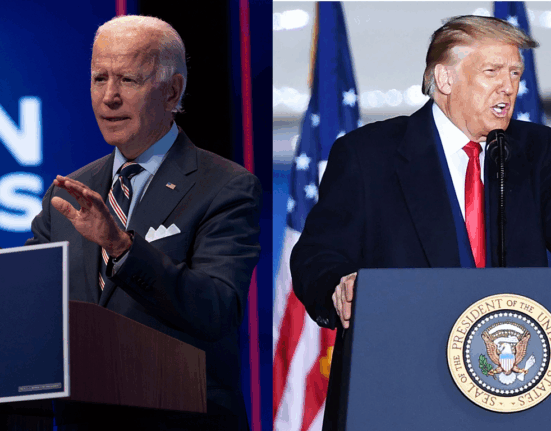
Leave feedback about this